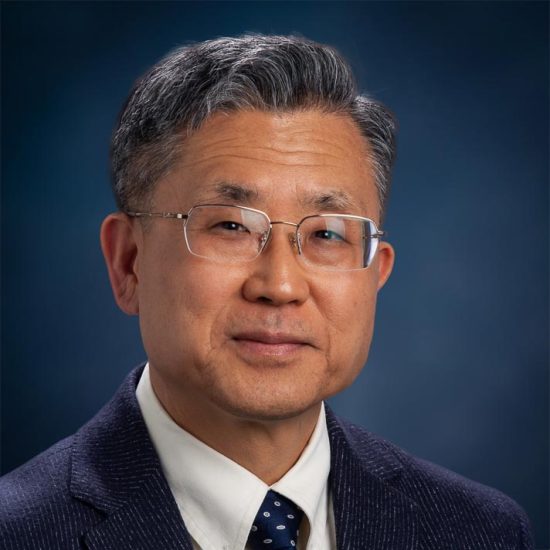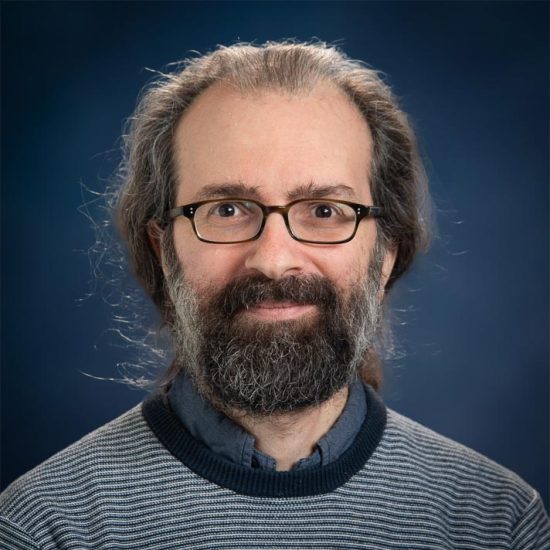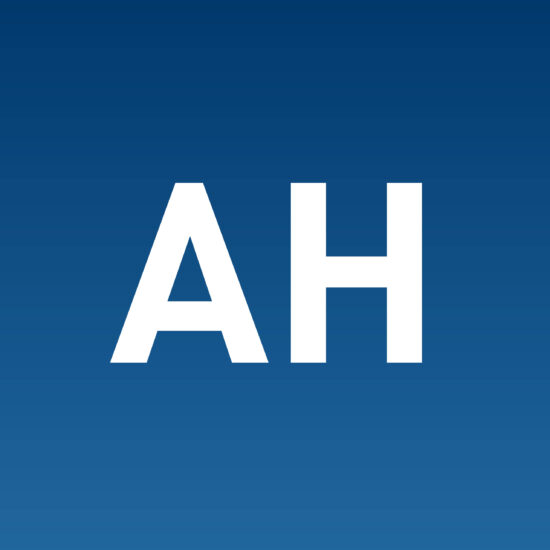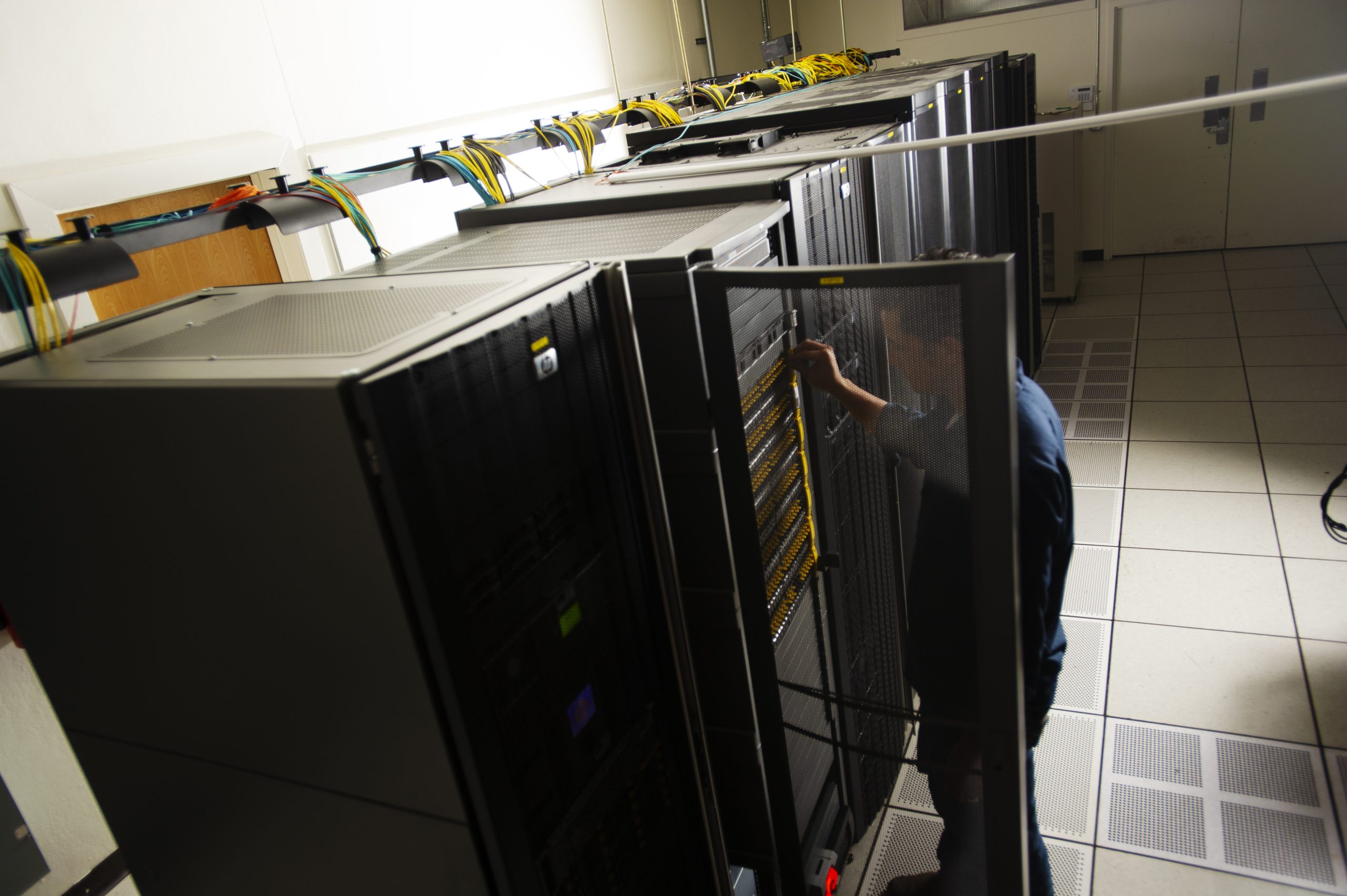
- On this page:
-
 Scholarships
Scholarships
-
 Faculty Researchers
Faculty Researchers
-
 Eligibility
Eligibility
-
 Program Highlights
Program Highlights
Your Computing Career is in Reach
Advance society through computing with the support of the CSAC S-STEM scholarship program.
Overview
The CSAC S-STEM scholarship program supports the retention and graduation of academically talented students who are interested in applications of computing for the advancement of society. This program is designed to support the development and implementation of curricular and co-curricular programs to improve student success and professional preparedness in computing. Further, scholar participation in planned student activities will enhance our understanding of effective teaching, research activities and retention strategies in the disciplines.
Scholarships
CSAC Scholars receive up to $10,000 per year as competitive scholarships for up to four years, contingent upon maintaining good academic standing and fund availability.
Eligibility
Students in any of the following categories are eligible for this scholarship:
- Freshman entering East Texas A&M in the 2023-2024 academic year or students becoming sophomores in the 2023-2024 academic year with CS/CIS major OR undecided/other STEM major with the intention to major in CS/CIS
- Transfer students with CS/CIS major
Entering freshman applicants must have a minimum overall high school GPA of 2.8. Current East Texas A&M students must have an institutional GPA of 2.8 or above. Transfer students entering at the junior level must have an overall GPA of 2.8 or above. All applicants must obtain Pell Grant eligibility based on the Free Application for Federal Student Aid (FAFSA®). All scholars are expected to participate in 50% or more of the co-curricular program activities aimed at providing support to the scholars and gaining knowledge of effective teaching and support strategies for future STEM education. In addition, students must express an interest in computing and a desire to major in the discipline.
Eligible students can access the application for the S-STEM scholarship. Please submit your application by March 1, 2023, for priority consideration. Applications will be accepted and reviewed until July 1, 2023.
If you have any questions, please email [email protected].
Partnerships

Dallas College
Eges Egedigwe. Ph.D.
Dr. Egedigwe is a professor of computer science at Eastfield College. Egedigwe has worked in software development, training and systems integration for many years, during which time he acquired proficiency in implementing relational databases using client/server relational languages such as Oracle and in systems/software development.
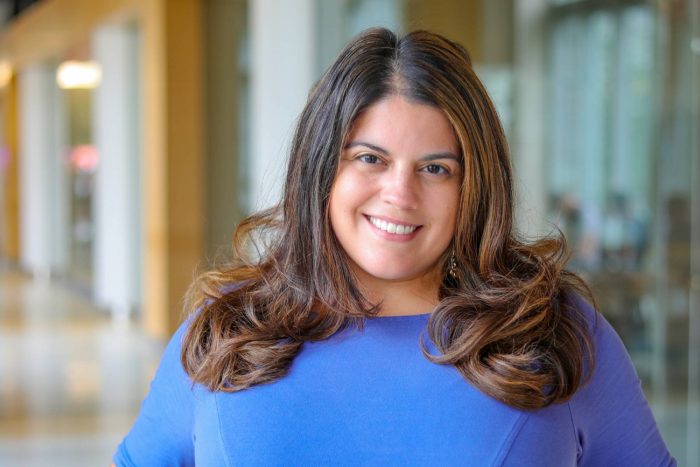
Virginia Tech
Sarah Rodriguez, Ph.D.
Dr. Rodriguez is an associate professor of engineering education at Virginia Tech. Her engineering education research agenda centers upon engineering and computing identity development of historically marginalized populations at higher education institutions.
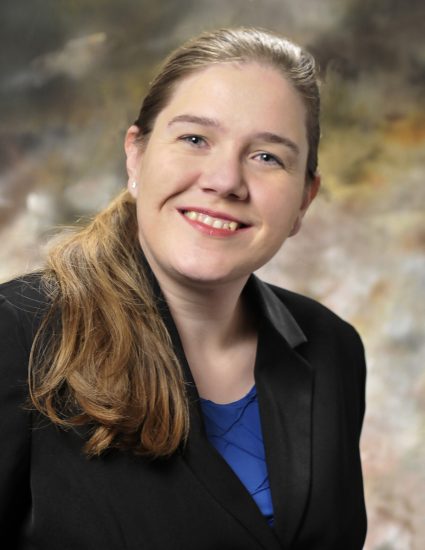
Dallas College
Adriana Badulescu, Ph.D.
Dr. Badulescu is a professor of computer science at Dallas College. She has more than 24 years of software development experience, industry and academic research experience and higher education teaching experience. Her research and development interests and experience include natural language processing, artificial intelligence, machine learning, computational linguistics, text generation and computer gaming.
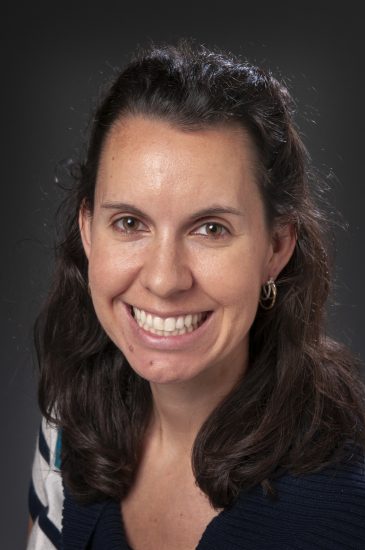
Collin College
Tebring Daly, Ph.D.
Dr. Daly has been teaching at Collin College since Fall 2006. She is the discipline lead for Computer Science and an advisor for the Society of Women Engineers (SWE) at Collin College. She co-authored a textbook titled “Learning Java through Alice 3” and has been involved in several grants: NSF grant titled “Transition: Alice 2 to Alice 3 in Community Colleges” and a Perkins Competency-Based Education grant.
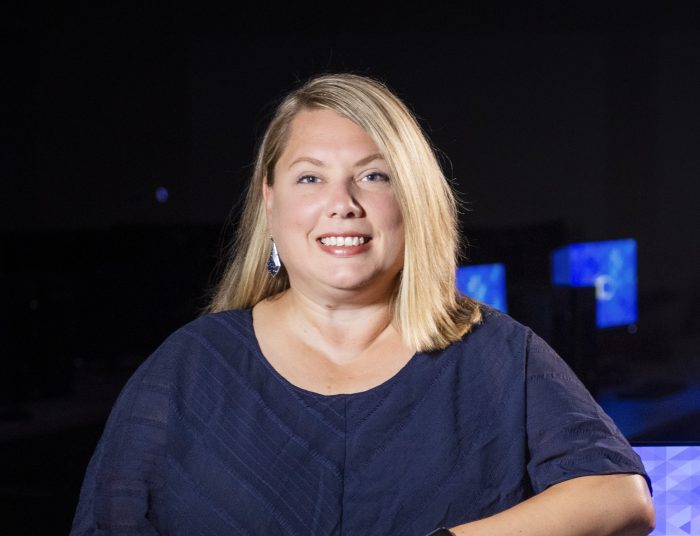
Collin College
Misti Clark
Misti is a Professor of Computer Science at Collin College. She has 15 years of higher education experience as well as many years in corporate technical roles such as software architecture, database administration, operations leadership, and project management. Her interests include software engineering and programming languages.
Program Highlights
Intelligent Systems Summer Camp will be held every summer for every CSAC scholar who is interested in advanced training in AI, machine learning and data science. Two camps will be conducted during the summer: a coding camp and a data science camp. Each camp will offer hands-on activities and will last two weeks. The first coding camp will be extended to all cohorts. The camp will alternate between East Texas A&M, Collin College and Dallas College.
Faculty mentors and advisors will provide mentoring support for career opportunities and academic disciplines.
Workshops and seminars in AI, data science and machine intelligence are held throughout the semester at East Texas A&M, Collin College and Dallas College locations. Throughout each year of the project, CSAC cohorts will join computing seminars at all locations. Invited guests from industry and academia with expertise in all areas of computing will give special talks on a particular subject of their interest, interact, and build connections with the scholars.
To encourage scholars to pursue and continue their studies in a computing discipline, a student mentorship program will be formed. Mentors will connect with students during summer camps and programming contests and serve as role models for students to pursue and succeed in computing programs. Mentors will cultivate self-efficacy beliefs by monitoring progress, offering encouragement and study skills and sharing their success stories.
IMCS Group Coding Challenge exposes students to real-world problems and cultivates their technical and problem-solving skills through programming. Students gain first-hand experience programming in a collaborative setting. Multiple prizes will be awarded by the organizers to encourage participation. This will enhance scholars' programming competency.
As an ongoing program, CSAC scholars will build networking skills to help them with college and careers beyond college life. Personal and professional connections are developed and maintained as powerful and convenient means for intellectual resources. The scholars will develop and build positive relationships with peer scholars that will extend beyond the duration of the program. They will provide mutual support and encouragement to reach their career opportunities and goals.
Workshops to support scholars with resume writing and career search will be held regularly in collaboration with the Office of Career Development.
Scholars will be exposed to professionals in the field through professional networking events, specifically female-focused and URM-focused events. This includes travel to the Grace Hopper Celebration, the Celebration of Diversity in Computing, or other related conferences.
CSAC scholars will have opportunities to work within computing or related enterprises for internship credits. Students will build a support network with employees and faculty who will provide supervision. The program will effectively build scholars' experience and ability to apply computing knowledge and skills used in the real-world working environment. Opportunities for various summer internships will be available through industry partnerships that are being developed.
Potential partners
- L3Harris Technologies
- Excelacom
- Presbyterian Healthcare System
- Slesha, Inc.
ACM Student Chapter Activities
The Association for Computing Machinery student chapter holds multiple activities. At the time of enrollment, each computing major is invited to participate in the organization. CSAC scholars will work with a faculty advisor and be involved in various academic, social, and professional activities including, but not limited to, job shadowing, distinguished speaker program, tri-mentoring, peer-tutoring, research presentation, buddy system, interdisciplinary activities, mock interviews and computing events focused on diversifying computing disciplines.
IEEE Student Chapter Activities
The Institute of Electrical and Electronics Engineers student chapter at East Texas A&M offers students multiple opportunities for networking in their areas of interest and future profession and volunteer leadership. With faculty advisor support, CSAC scholars will be able to build a network for professional opportunities, host professional awareness programs, and get connected with global peers to expand their horizons of potential career pathways.



